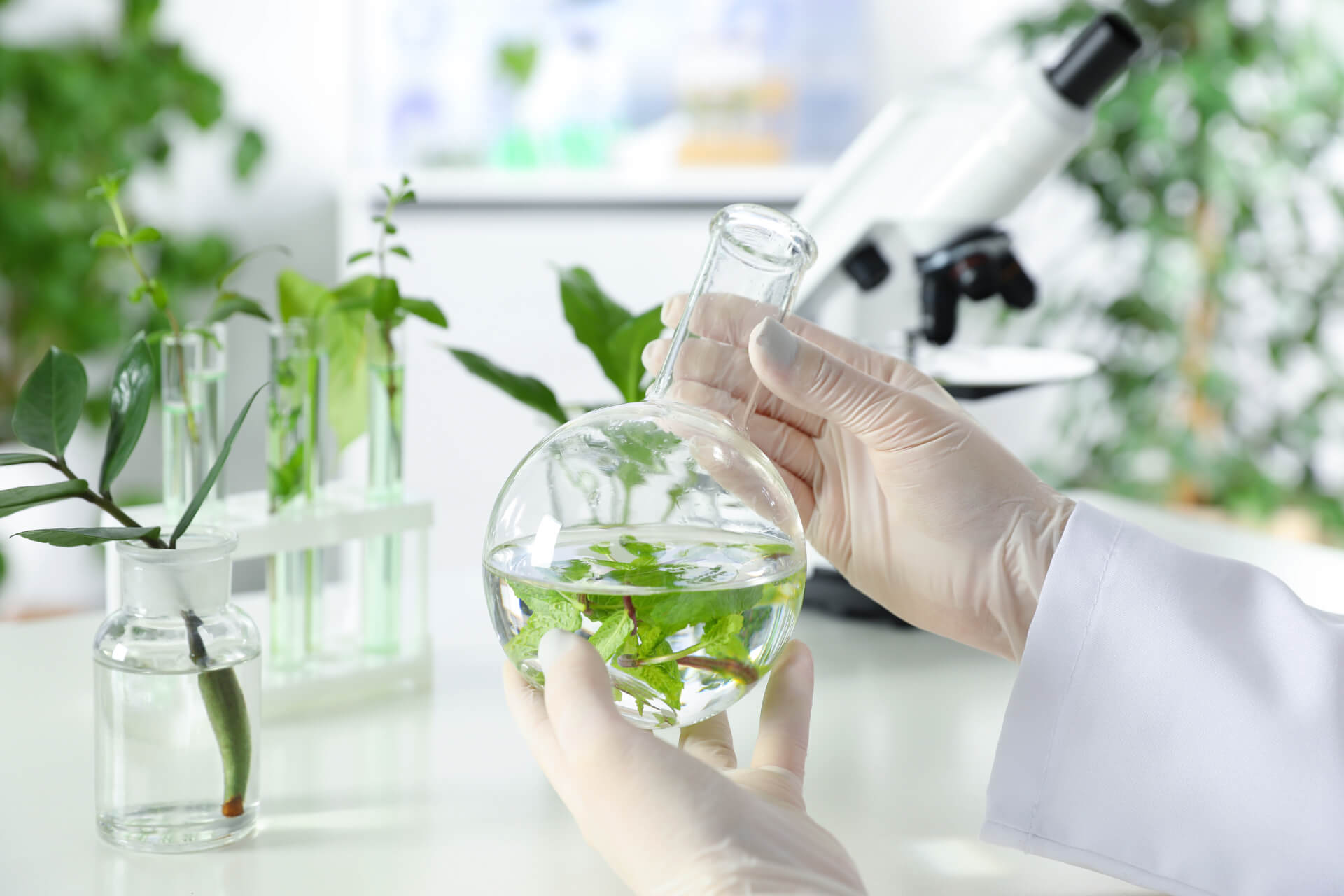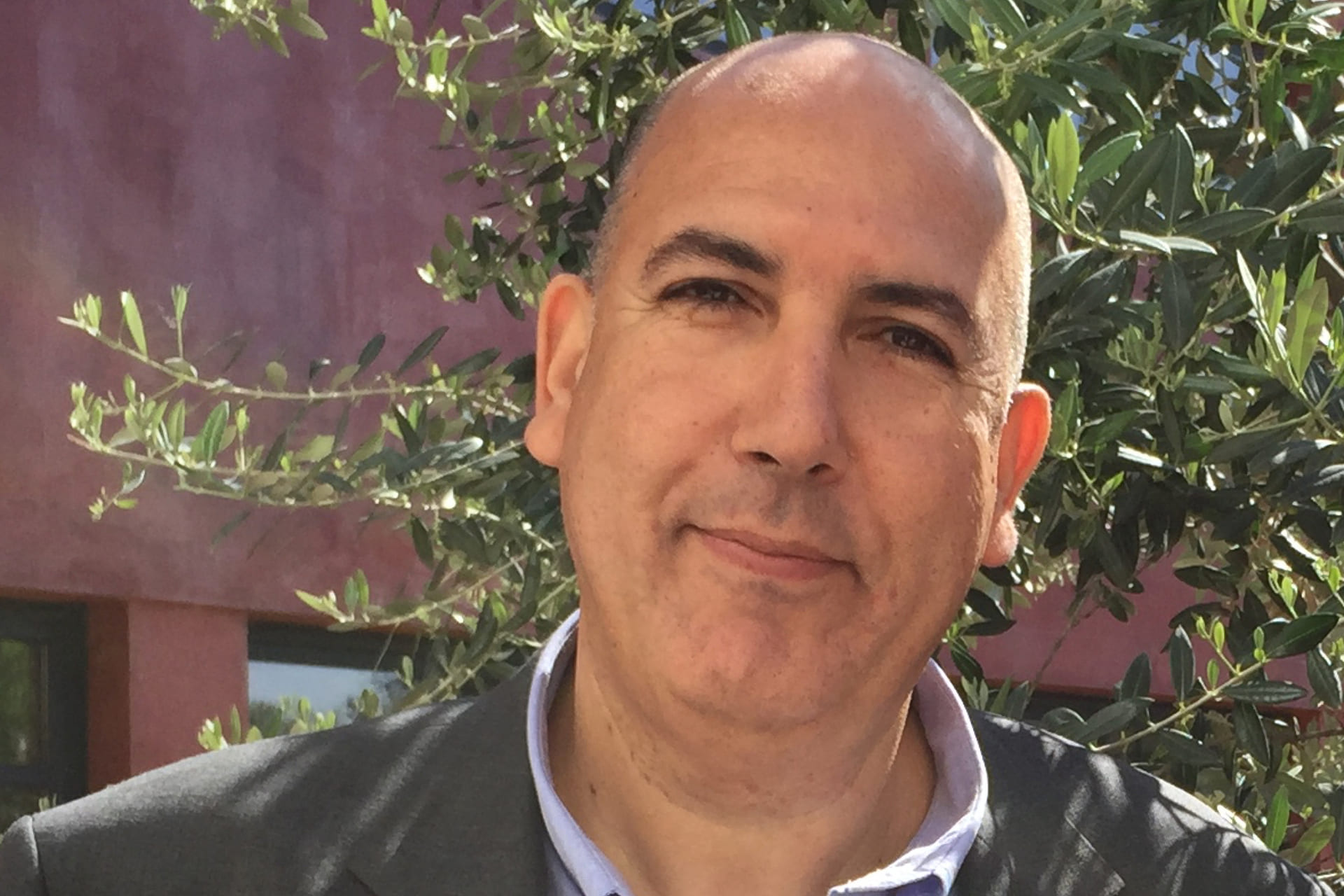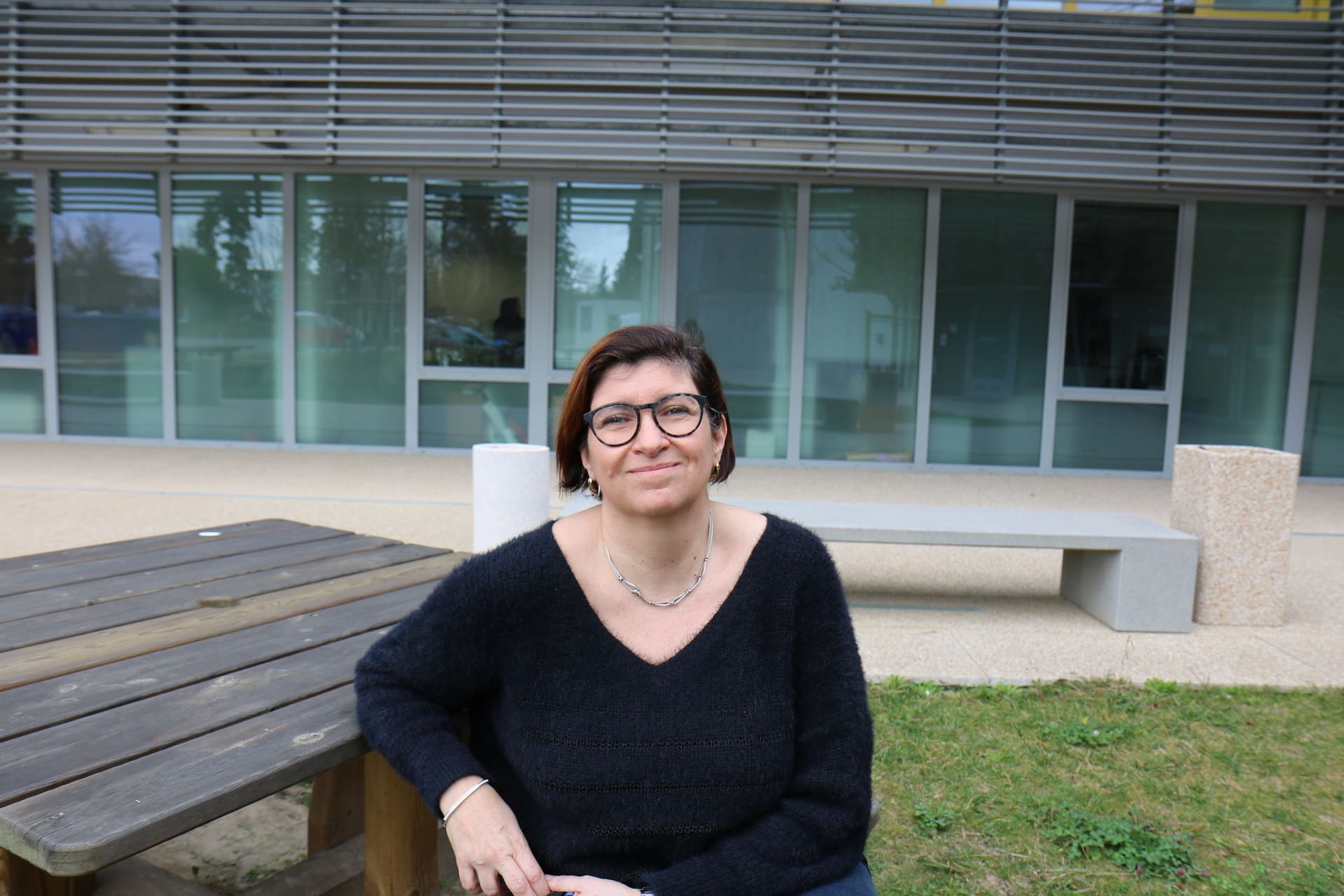Chair in Plant Based Green and Sustainable Chemistry
The UNESCO Chair in Plant Based Green and Sustainable Chemistry is supported by the GREEN team of the UMR 408 Safety and Quality of Products of Plant Origin INRAE Avignon University.
The depletion of fossil resources, on which today’s international industry and economy depend, as well as environmental considerations related to global warming, are moving society towards a post-oil era. Plant-based chemistry could be one of the solutions from the past for the future of humanity.
The work of the Chair focuses on the conversion of plant biomass into reagents, ingredients, bioenergy and food and non-food products with acceptable societal, environmental and financial levels. The scientific and technical challenges cannot be solved by a research laboratory or an industry alone but by the exchange of know-how and the training of a large public as well as the dissemination of this multidisciplinary science to the young public in France and in the world.
This project is in line with the Sustainable Development Goals of the UNESCO.

Our goals
SHARING
The Chair welcomes researchers from the South, especially doctoral students, in the laboratories of Avignon University and those of its industrial partners.
Each year, the Green and Sustainable Chemistry of Plants Chair organizes a conference in a partner country to discuss the scientific challenges of eco-extraction, its societal impact and to carry out training activities. The Chair will also propose a summer school with a theoretical part given by specialists in the field as well as a practical part in the GREEN laboratories with conventional and innovative extractions on a wide spectrum of matrices and finished products (essential oil, colorant, antioxidant, oil, proteins, biofuel…).
TRAINING
The Chair aims to train professionals, students and the general public.
To that end, an annual awareness workshop will allow the emergence of a network of experts in eco-extraction, in interaction with industrial partners. Its work will be made accessible to all. A MOOC for learners will also be offered to discover in a fun way and without any prerequisites how plant products and ingredients are extracted.
DISSEMINATION
In addition to the resources provided on this site, the GREEN team produces eco-extraction educational kits. The Chair mobilizes its partners to equip partner universities in the South. With our know-how, it is possible to make the same material in the countries on the spot and to learn the technique to make others in a simple way but of great use on an educational level.
A travelling exhibition presenting the evolution of extraction techniques from antiquity to the present day will allow us to raise awareness among the general public and especially among the youngest in order to transmit to them the desire to innovate in this field.
PARTNERS

8 institutions in Africa
Algeria, Benin, Ivory Coast, Egypt
Madagascar, Morocco, Mauritius, Tunisia

4 institutions in Europe
Croatia, Spain, Greece, Italy
The project is supported by the Provence Alpes Côte d’Azur Region, the Vaucluse Department, the Avignon City as well as the INRAE PACA Center and the industrialists of the region known for their know-how in the field of plant extraction.
Portraits
OF THE CHAIR’S ACCOUNTANTS
Farid CHEMAT

Farid Chemat is a Professor in Chemistry at Avignon University and co-leader of the Research Group in Eco-Extraction of Natural Products (Green) in the UMR 408 INRA-Avignon University. In 2018, he was included in the international “Highly Cited Researchers” ranking of Web of Science (Clarivate Analytics), in the “Agricultural Science” category.
Anne-Sylvie FABIANO TIXIER
Anne-Sylvie Fabiano Tixier is a lecturer at Avignon University and co- leader of the UNESCO Chair in Plant Based Green and Sustainable Chemistry. She shares the co-responsibility of the Research Group in Eco-Extraction of Natural Products with Farid Chemat and Maryline Vian. Her research activities focus on the extraction of natural products using innovative technologies such as ultrasound or microwaves, but also using green solvents from sustainable development.






